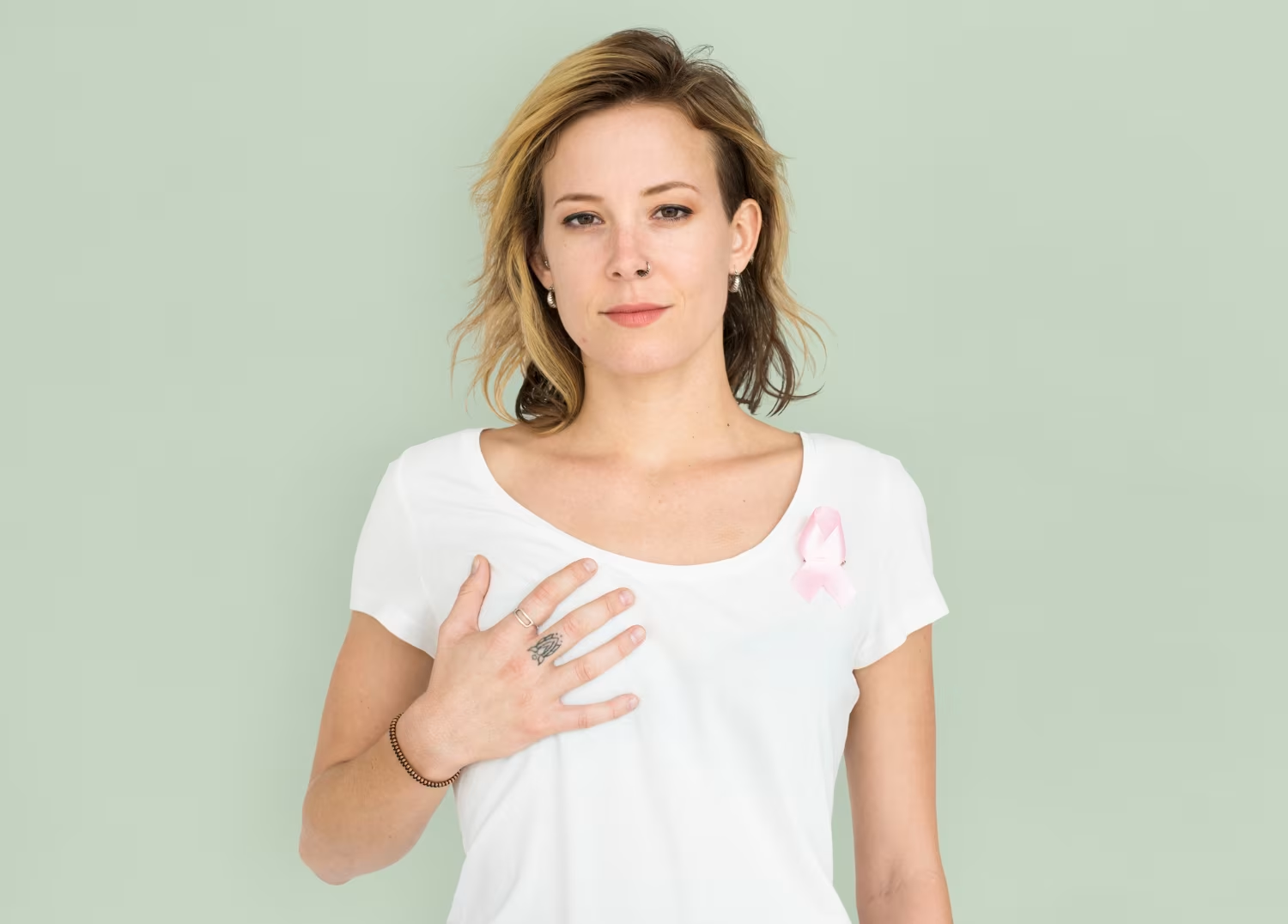
Understanding autism in babies can be reassuring and empowering for parents and carers. While autism is usually diagnosed around the age of 4 or 5, some early signs can appear during the first year of life. In this post, we’ll walk you through what to look out for, how to get an autism diagnosis for your child in the UK, and what support you may be entitled to.
Autism, or autism spectrum disorder (ASD), is a developmental condition that affects how a child communicates, interacts, and processes the world around them. It's called a "spectrum" because the signs and impact can vary widely from child to child. While babies with autism may not look different physically, their behaviour and development can be noticeably different.
Most parents begin to notice early signs of autism in babies by the age of 2, but some signs can appear as early as 2–6 months. It’s usually not about strange behaviours—it’s more about what your child isn’t doing compared to other babies their age.
If you’ve noticed a few of these early signs of autism in babies, don’t panic—but do act. Early intervention makes a big difference.
They can help rule out other causes and refer you for a child autism assessment.
Note down specific behaviours, when they happen, and any concerns. Videos can also be useful during an assessment.
In the UK, developmental checks happen at 9 and 24 months. You can also request an autism test for a child at any time if you’re concerned.
For detailed guidance, visit our Private GP Services.
A formal autism diagnosis for a child is usually carried out by a paediatrician, child psychologist, or specialist autism team. It may involve:
Some NHS waiting lists can be long, but private autism assessments at our clinic offer faster access to assessment.
Getting a diagnosis can feel overwhelming, but it opens doors to support.
A diagnosis helps you access:
Depending on your situation, your child may be eligible for:
These are some of the answers to what a child with autism is entitled to in the UK. For additional help, explore our mental health services.
Some signs of autism can appear as early as 2 months, but they’re usually more noticeable between 12–24 months.
It’s all about patterns. A single delay isn’t usually a concern, but several delays or regressions could be. Always speak to a GP if unsure.
There is no blood test or scan—autism tests for children are based on observed behaviour, milestones, and interaction.
You’ll have access to professional support and local authority services, and you may be entitled to government benefits for a child with autism.
Spotting the early signs of autism in babies can be tough, but trust your instincts. If something doesn’t feel right, speak up. An early autism diagnosis for your child means you can access the right support sooner, and that can make all the difference.
At Private Medical Clinic, we offer private assessments, personalised guidance, and friendly support to help your child thrive.
Need help? Contact us to book a private autism assessment today.
.jpg)
.jpg)



